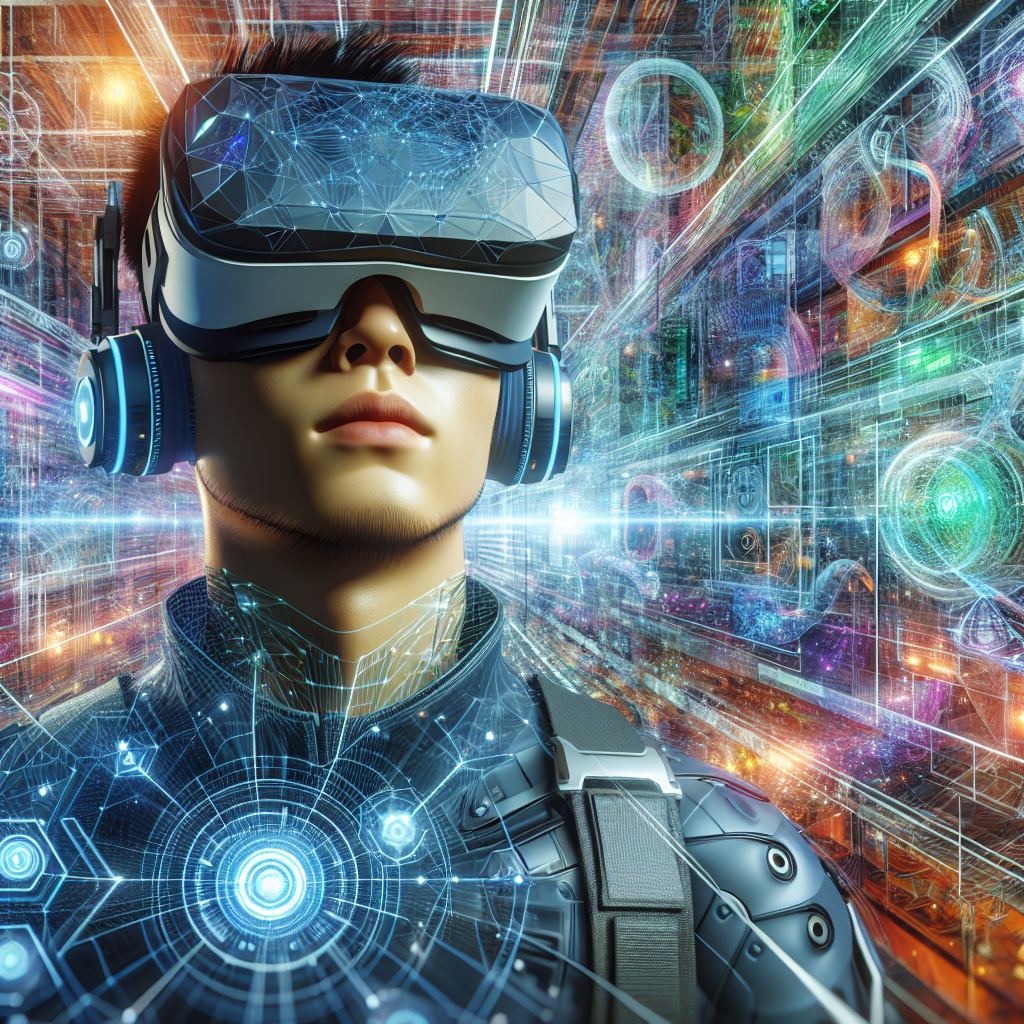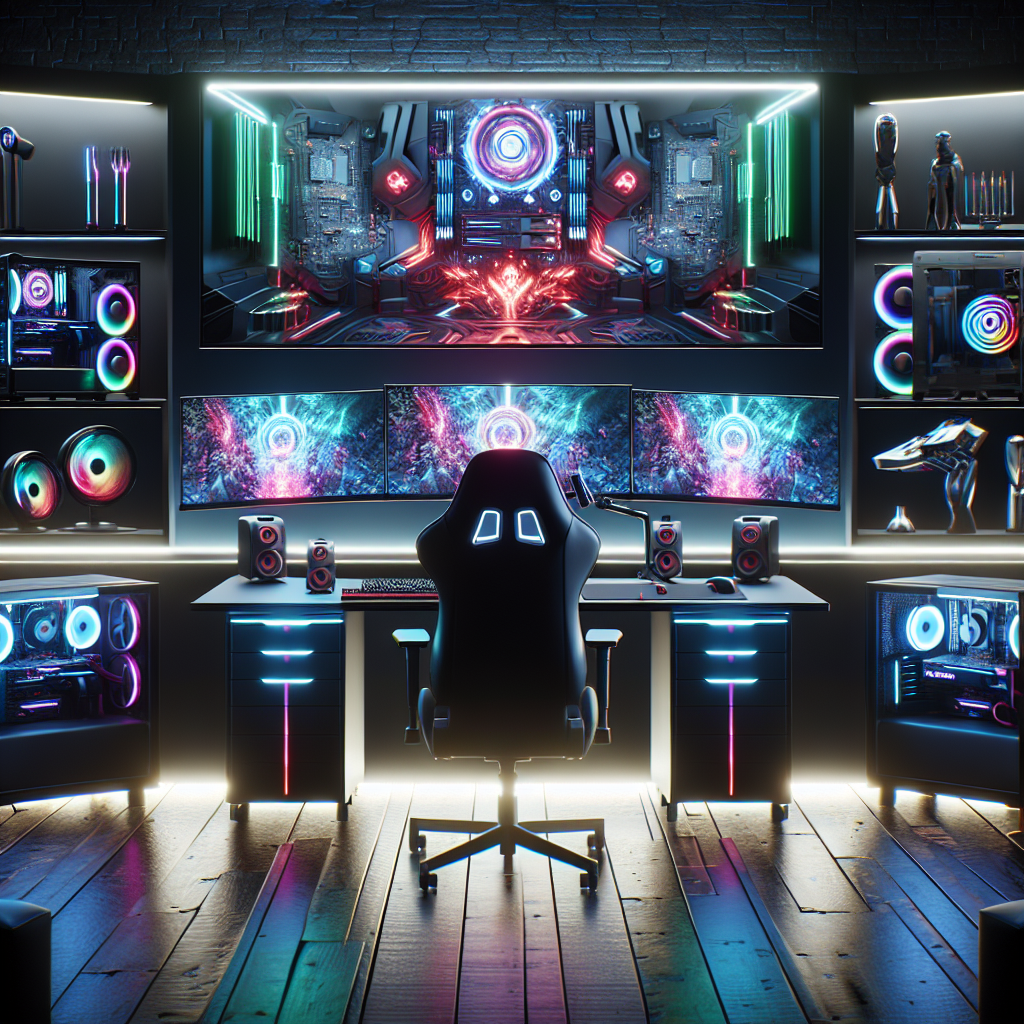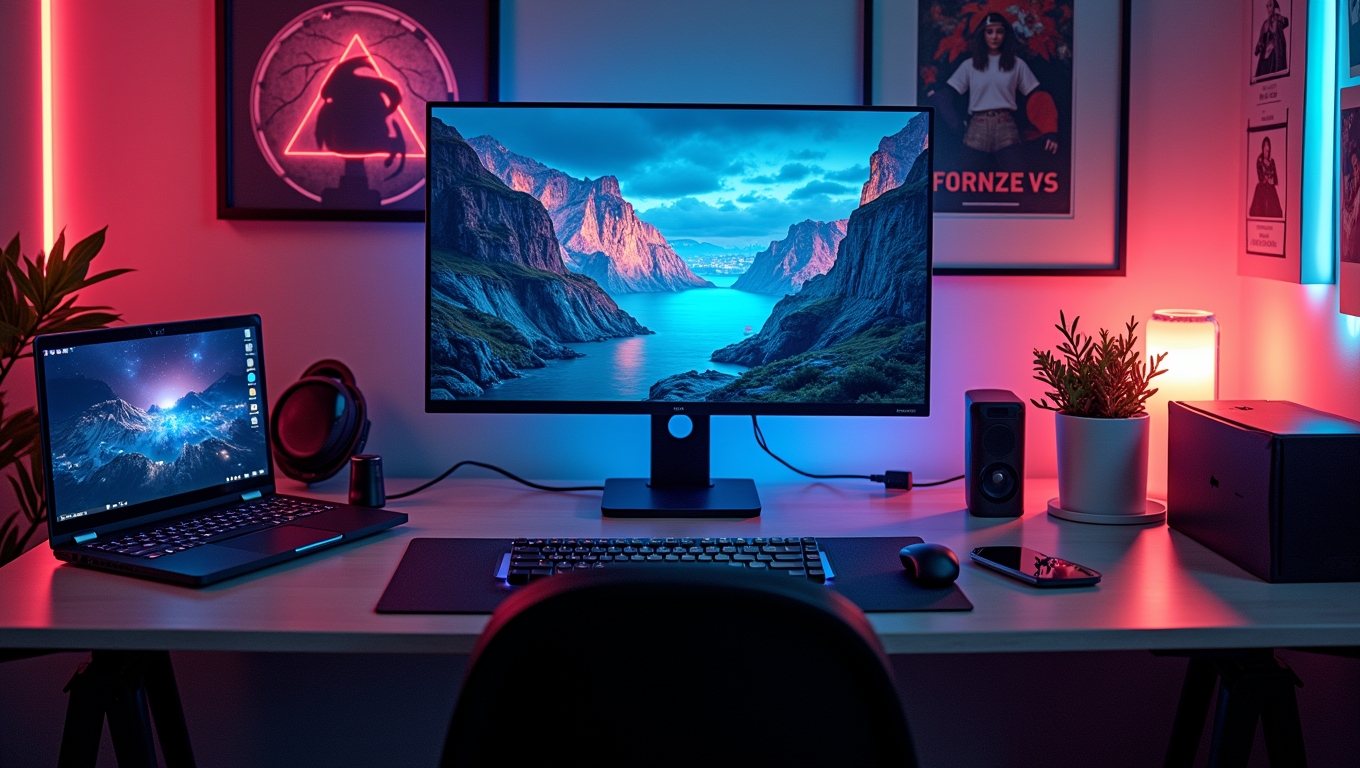In recent years, the discussion around how games influence future technologies has gained momentum. The gaming industry is not just about entertainment; it serves as a breeding ground for innovations that can reshape various sectors. From education to healthcare, the technologies developed through gaming are paving the way for future advancements.
The Role of Gaming in Technological Innovation
Gaming has always been at the forefront of technological advancements. The immersive experiences provided by video games push the boundaries of graphics, sound, and interactivity. Developers constantly seek to enhance player engagement, leading to innovations in software and hardware. For instance, the rise of virtual reality (VR) and augmented reality (AR) technologies owes much to gaming. Companies like Oculus and Microsoft have developed VR headsets that initially catered to gamers but are now finding applications in training simulations and virtual meetings.

Moreover, game engines such as Unity and Unreal Engine are not just used for creating games; they are now being employed in various industries for architectural visualization, film production, and even medical training. This cross-pollination between gaming and other sectors exemplifies how games influence future technologies.
<h3.Education: Gamification as a Tool for Learning
One of the most significant areas where games influence future technologies is education. The concept of gamification—integrating game mechanics into non-game contexts—has transformed traditional learning methods. Educational games engage students in ways that standard curricula often cannot. By making learning interactive and fun, students are more likely to retain information and develop critical thinking skills.

For example, platforms like Kahoot! and Duolingo use game-like elements to teach languages and other subjects. These innovations show how games can enhance educational outcomes, paving the way for future educational technologies that prioritize engagement and interactivity.
Healthcare: The Impact of Serious Games
The healthcare sector also benefits from the influence of games. Serious games are designed for purposes beyond entertainment, often focusing on training healthcare professionals or educating patients. For instance, simulation games help doctors practice surgical procedures in a risk-free environment, improving their skills before they operate on real patients.
Additionally, games that promote physical activity, such as those using motion sensors, encourage healthier lifestyles. This trend showcases how games influence future technologies in healthcare, leading to better training methods and improved patient engagement.
In conclusion, the impact of games on future technologies is profound and multifaceted. As the gaming industry continues to evolve, it will undoubtedly drive innovations that extend far beyond the realm of entertainment. By examining how games influence future technologies, we can better understand the potential of this dynamic field and its implications for various industries.
Some content and/or images on this page were created using AI.





